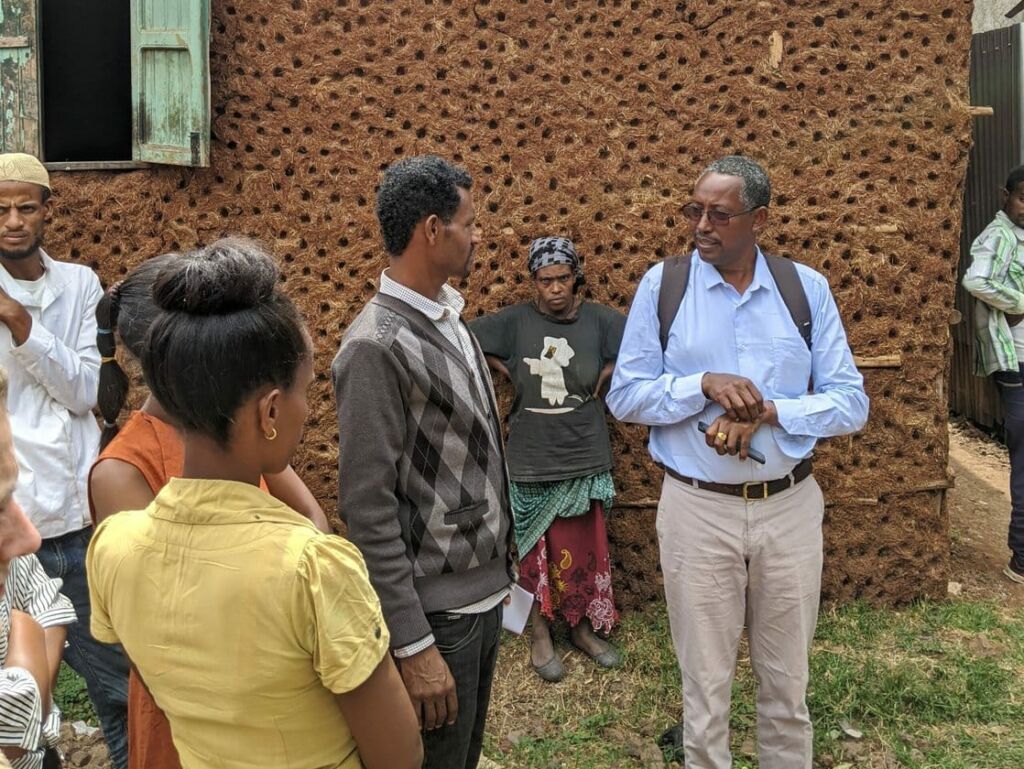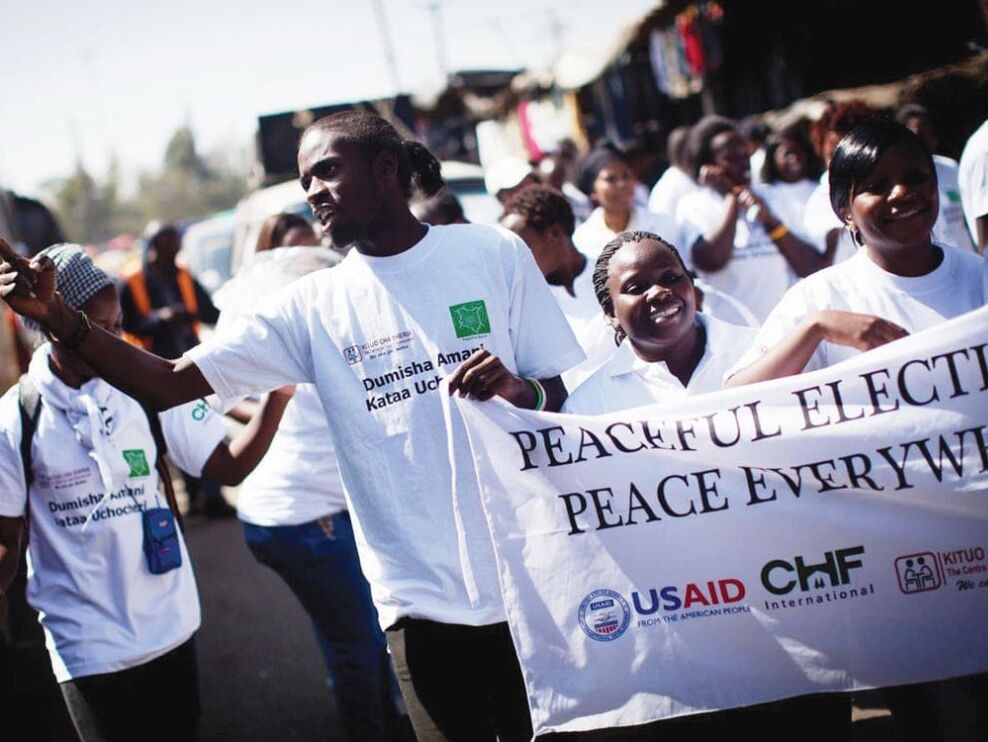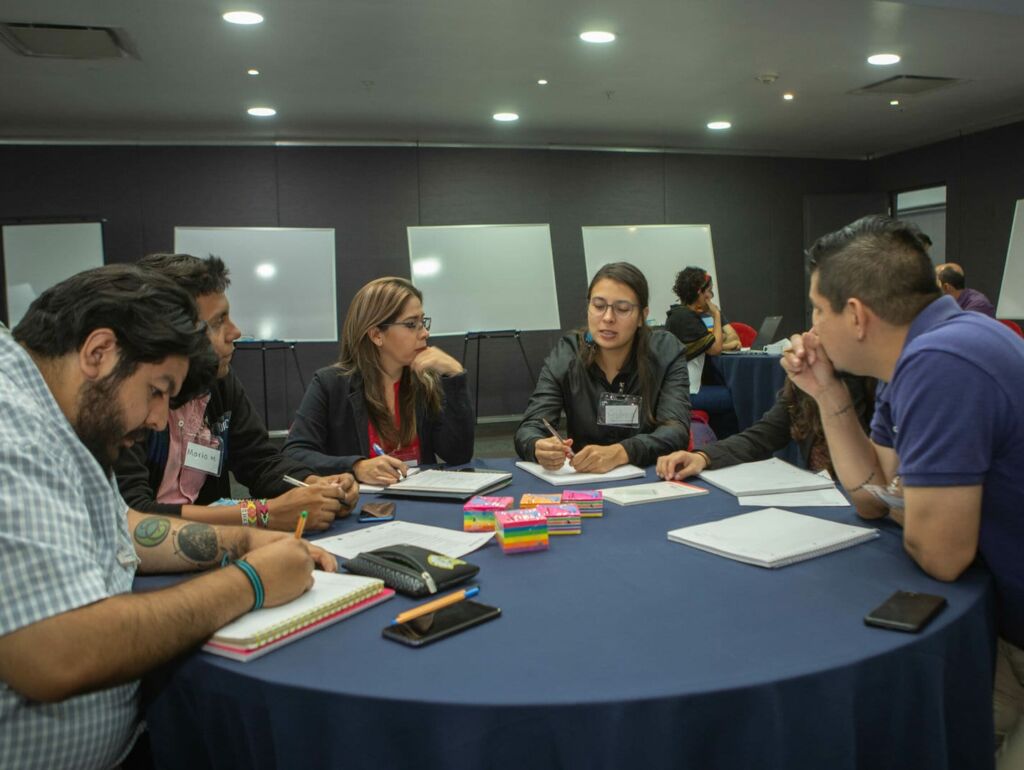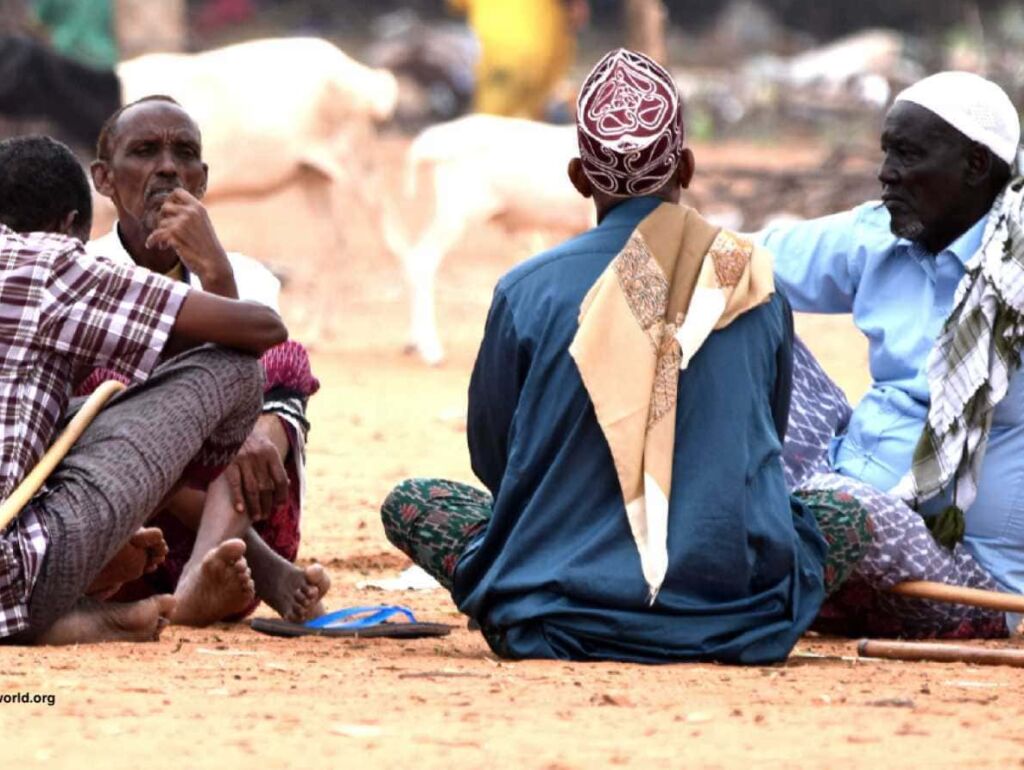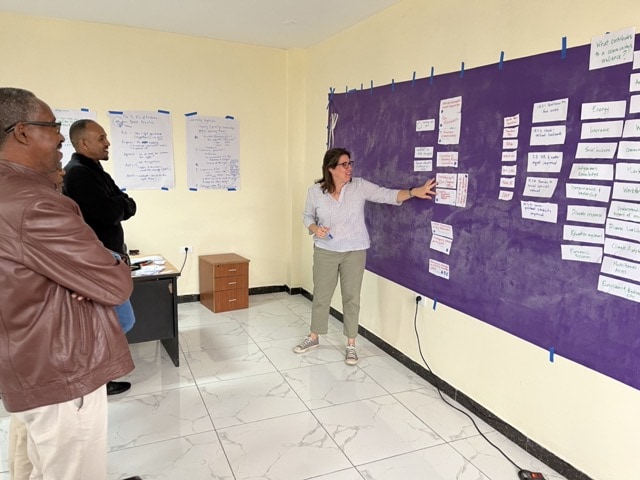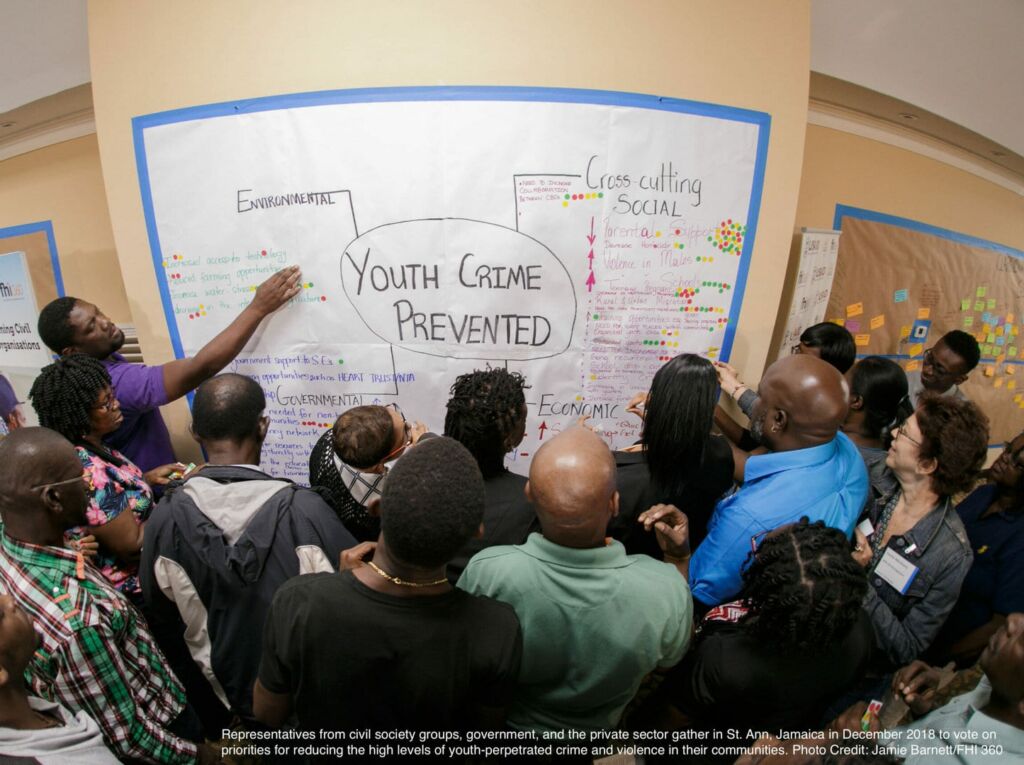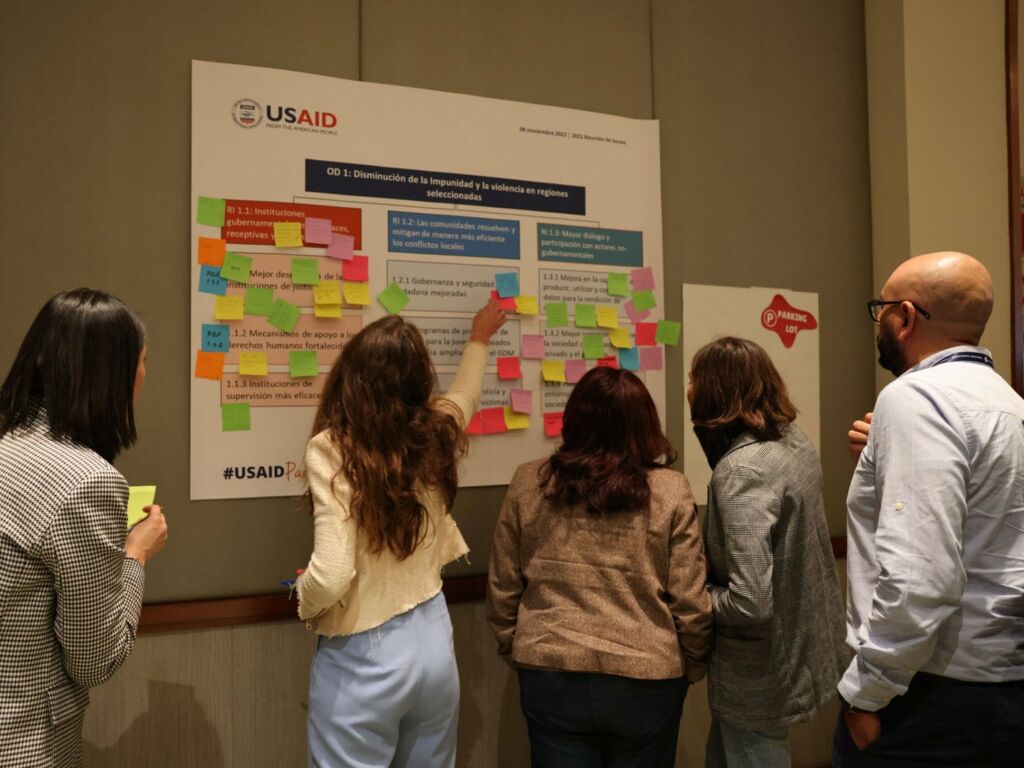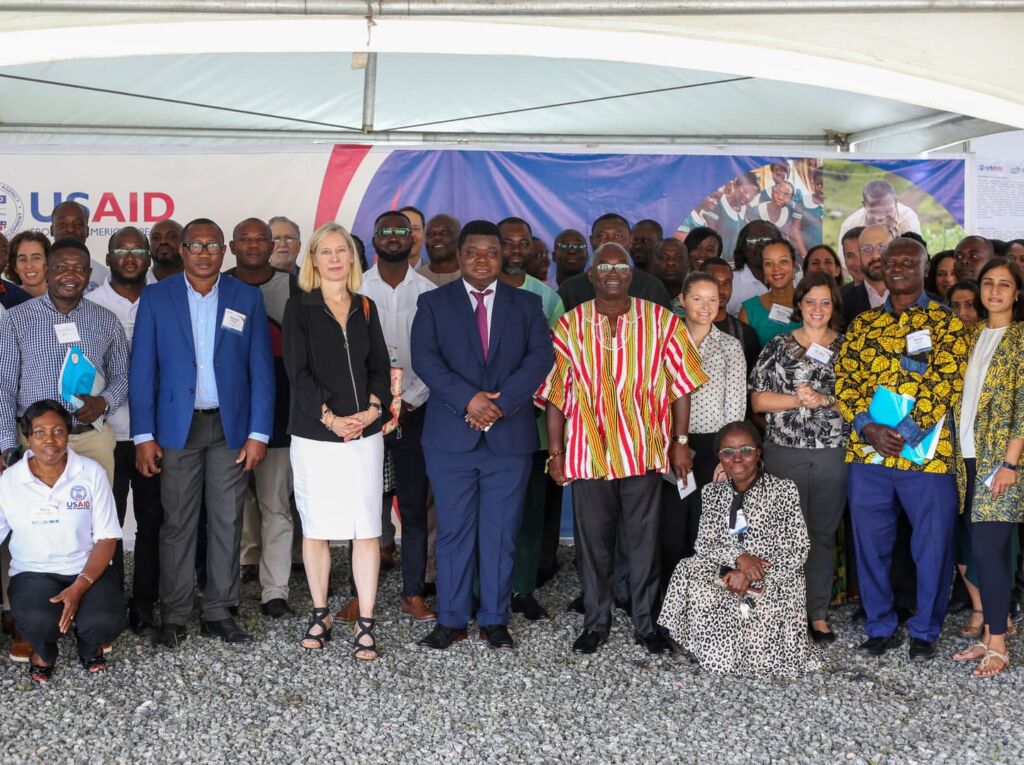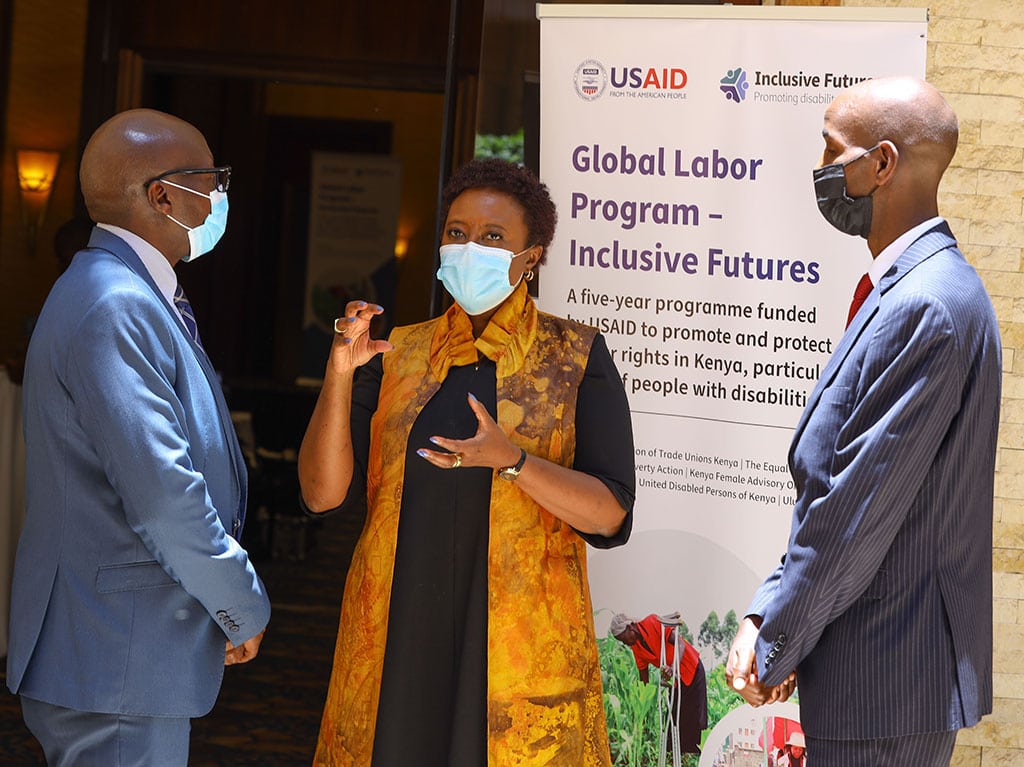Learn more about our projects
Local Evaluation and Evidence Support (LEES) Activity
LEES will allow us to apply our expertise in localization, building sustainable networks and communities of practice, and supporting host country research and evaluation partners.
IGAPP Activities Midterm and Final Performance Evaluations
LINC is conducting the midterm and final performance evaluations of the IGAPP Activities in Kenya. The evaluations will be conducted in two phases over two years (2023-2025).
Southern Mexico – Generating Employment and Sustainability (SURGES)
SURGES will mobilize investment and sales to support sustainable growth in south-southeastern Mexico. As a subcontractor, LINC will apply systems thinking methods to unpack the complexity of market systems in Southern Mexico.
Communities of Practice for Effective Partnerships (COPE) Activity
COPE is designed to foster south-south cooperation and create a more structured avenue for organizations to come together to innovate, share, and learn while addressing local development challenges.
Expanding Access to Justice Program (EAJ) Evaluation
LINC is conducting the evaluation of the USAID/Somalia Expanding Access to Justice Program.
Ethiopia Resilience Learning Activity
The Ethiopia Resilience Learning Activity helps USAID/Ethiopia and its partners to better understand what relief and development interventions can help make households, communities, and systems more resilient.
Final Evaluation of the Local Partner Development (LPD) Activity
LINC is conducting a final performance evaluation of the Local Partner Development (LPD) Activity in Jamaica.
Monitoring and Evaluation Support for Adaptation (MESA) Activity
The USAID-MESA five-year activity aims to strengthen the monitoring, evaluation, and learning (MEL) and collaborating, learning, and adapting (CLA) systems and capacities within USAID/Mexico and its implementing partners.
Ghana MEL Platform Activity
USAID-funded Ghana Monitoring, Evaluation, and Learning (MEL) Platform is a four-year activity with the goal to provide monitoring, evaluation, and learning support to USAID/Ghana, USAID’s implementing partners, Ghanaian academic and research institutions, and the Government of Ghana.
Global Labor Program – Inclusive Futures (GLP-IF)
USAID-funded Global Labor Program – Inclusive Futures (GLP-IF) is a five-year program that aims to increase the inclusion of people with disabilities. LINC serves as the technical lead for two distinct components of the program: Systems Thinking and Collaborating, Learning, and Adapting (CLA).
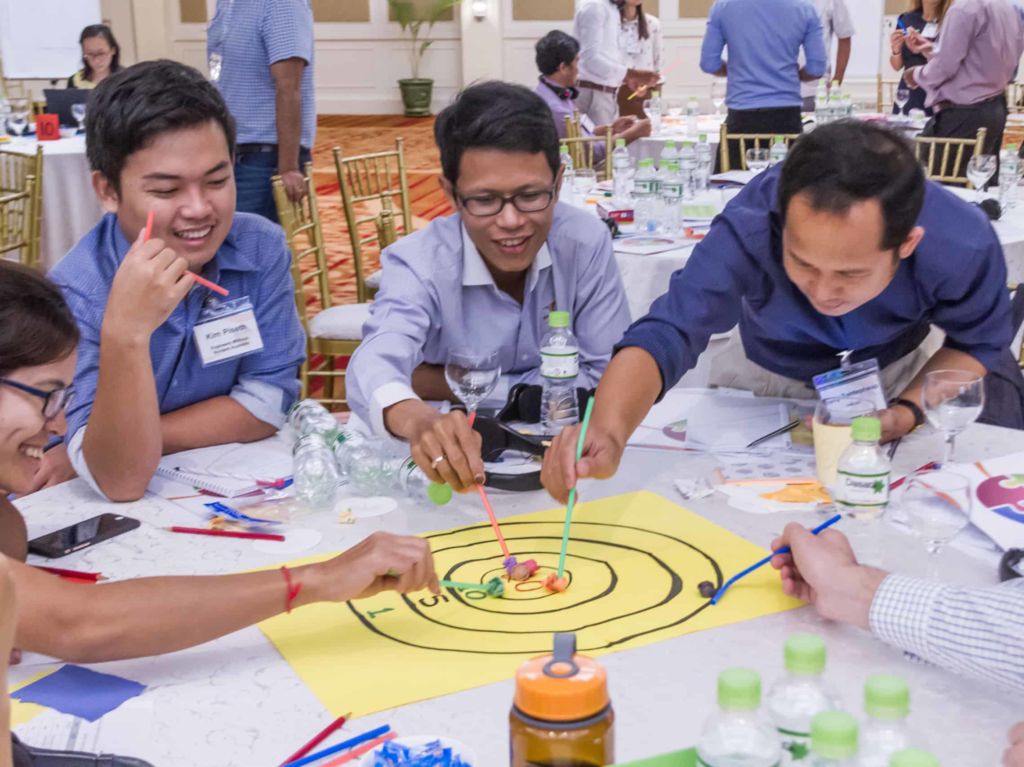
LASER Mid-Term Performance Evaluation
LINC is conducting the Mid-Term Performance Evaluation of the Long-Term Assistance and Services for Research (LASER) activity. The goal of the Evaluation is to improve USAID’s DDI/ITR/R understanding of the strengths and weaknesses of LASER in terms of design, partnership choices, implementing mechanism, benefits to stakeholders, and mission engagement.

Assessing and Informing Teleworking Practices for USAID/KEA
Under the KEA-EAA Indefinite Delivery, Indefinite Quantity (IDIQ) contract, LINC and its partner, The Cloudburst Group, will be conducting an assessment on teleworking practices for the USAID/Kenya and East Africa mission.

Collaboration Models in USAID Programs
LINC led the “Collaboration Models in USAID Programs: Utilization Focused Research to Promote Effective Multi-Stakeholder Collaboration” research and learning activity. The objective of this global research project was to better understand how collaboration models have been adapted and applied in the context of USAID activities over the past ten years.
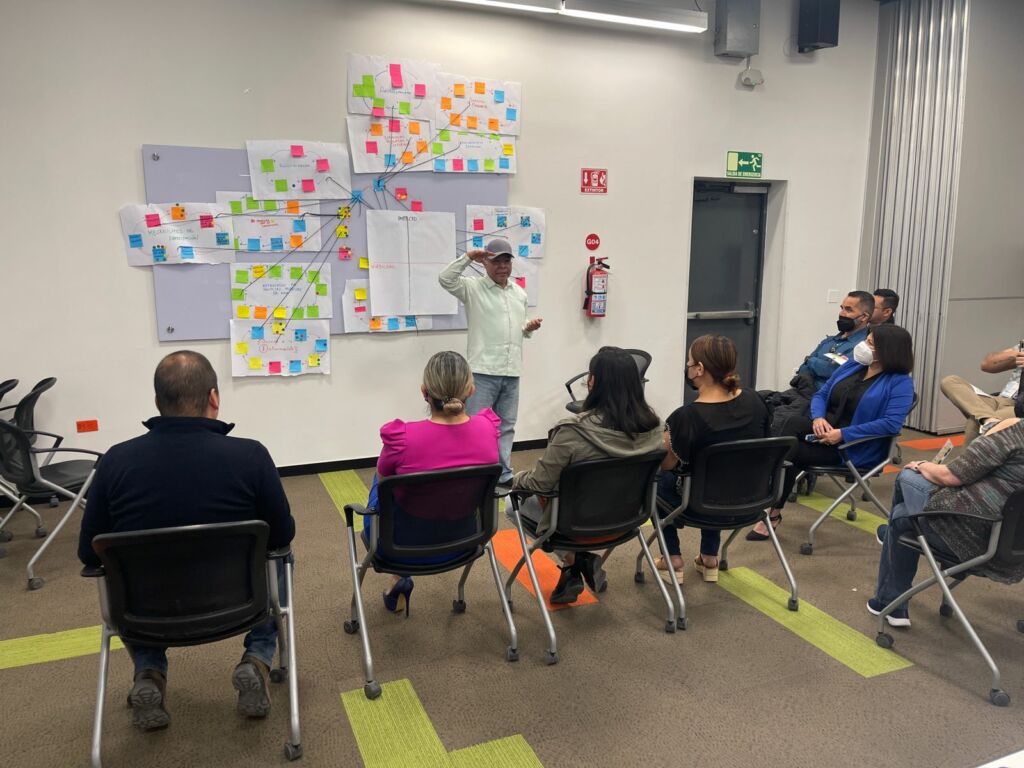
Multi-Stakeholder Strengthening Activity (MSA)
In Mexico, LINC is partnering with local civil society organizations to implement the USAID-funded MSA, which seeks to strengthen the institutional capacities of local stakeholders to collaborate on drafting and implementing concrete actions that contribute to crime and violence prevention, criminal justice reform, and an improved enabling environment to protect human rights.
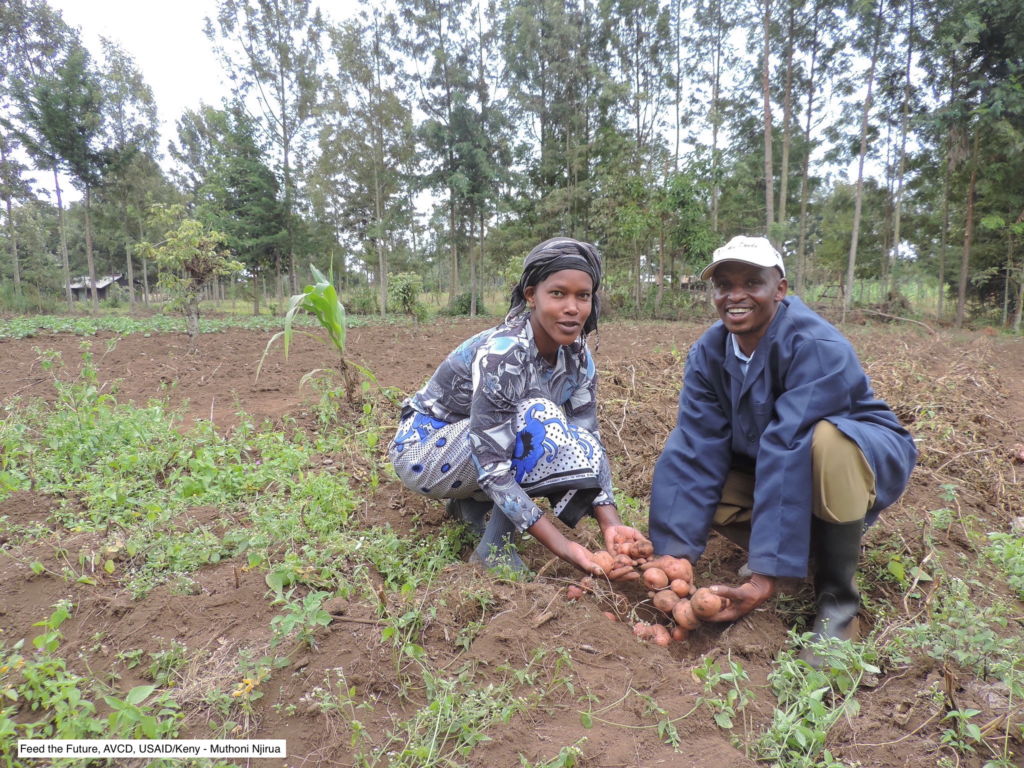
Kenya AVCD Program Performance Evaluation
LINC conducted the performance evaluation to the Kenya Accelerated Value Chain Development (AVCD) Program. The evaluation captured lessons learned to improve impact of future agricultural technology and innovation activities, inform and improve policies, and strengthen the design of future activities.
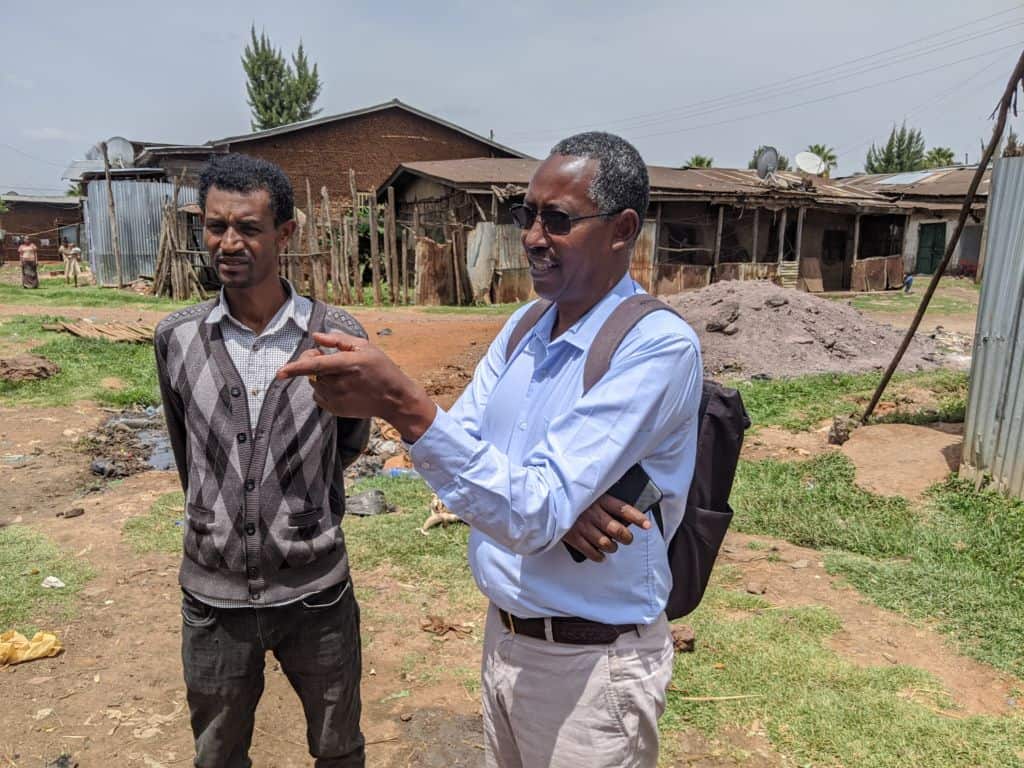
Local Organization Market Research
In Kenya, LINC conducted “Local Organization Market Research” activity for USAID/KEA’s Office of Economic Growth and Integration (OEGI). The activity took place throughout 2021, assessing hundreds of local organizations working in the KEA region.
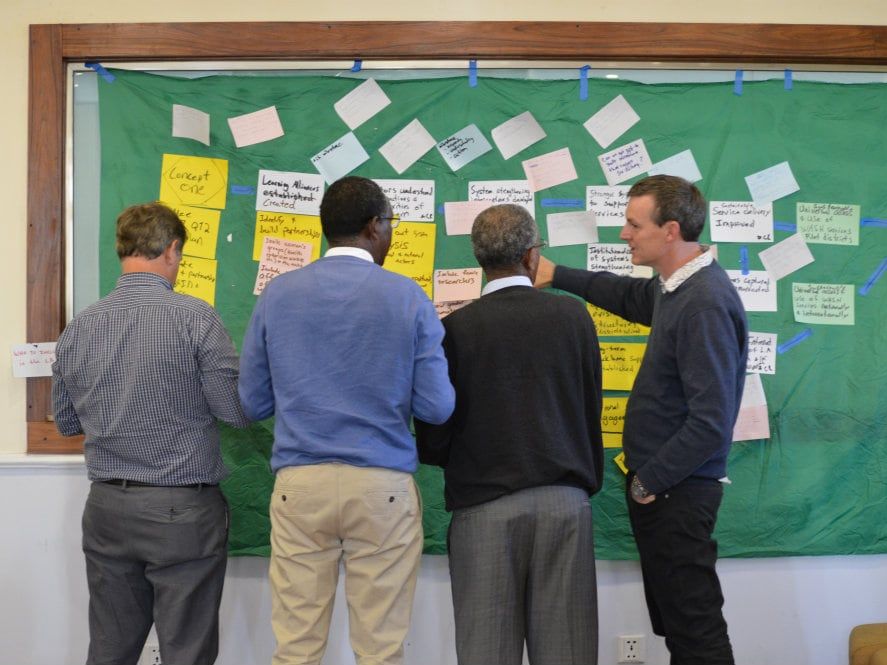
Sustainable WASH Systems (SWS)
LINC and a consortium of partners are breaking new ground in the USAID SWS Learning Partnership, which seeks to generate and apply evidence on how systems approaches can improve the sustainability of WASH programs. This activity tests new ideas, approaches, and tools to overcome barriers for improving WASH service sustainability in Cambodia, Ethiopia, Kenya, and Uganda.
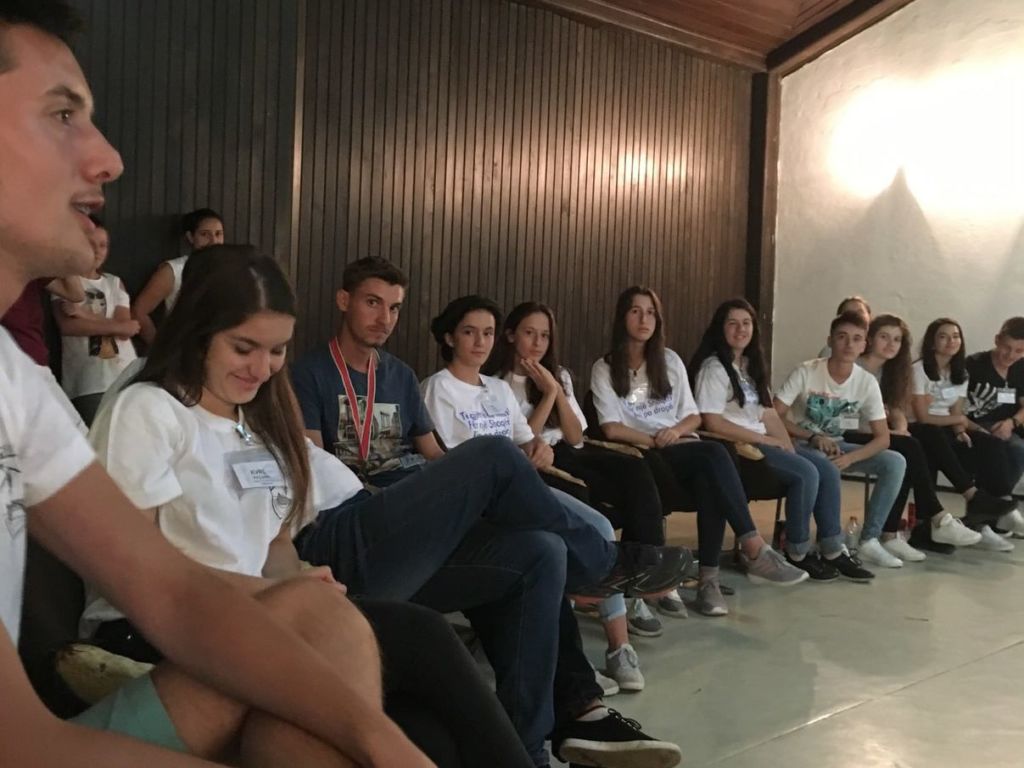
Kosovo Up To Youth (KUTY)
The USAID-funded KUTY project works with Kosovo’s youth that are vulnerable to social exclusion, by mobilizing and empowering them to effect positive change. Taking a “Positive Youth Development” lens, the program works to build the assets and agency of youth, enabling them to play leadership roles in their communities, to build and support networks, and to contribute to an enabling environment for positive youth development.

Transforming Market Systems (TMS) Activity
USAID-funded TMS works in Honduras to foster competitive, resilient, and inclusive market systems that provide increased economic opportunities for poor and marginalized populations who are often excluded – or even exploited – by traditional market systems. As sub-contractor to ACDI / VOCA, LINC supports TMS’s systems thinking and monitoring, evaluation, and learning (MEL) activities.

Strategic Program for Analyzing Complexity and Evaluating Systems (SPACES)
Through SPACES, LINC applies a variety of systems analytic approaches to monitor and evaluate complexity. By integrating a systems perspective into USAID’s program cycle, we aim to improve the sustainability of development interventions. LINC helps USAID Missions and Bureaus to think systemically and to use tools such as social network analysis, participatory systems mapping, and outcomes harvesting.
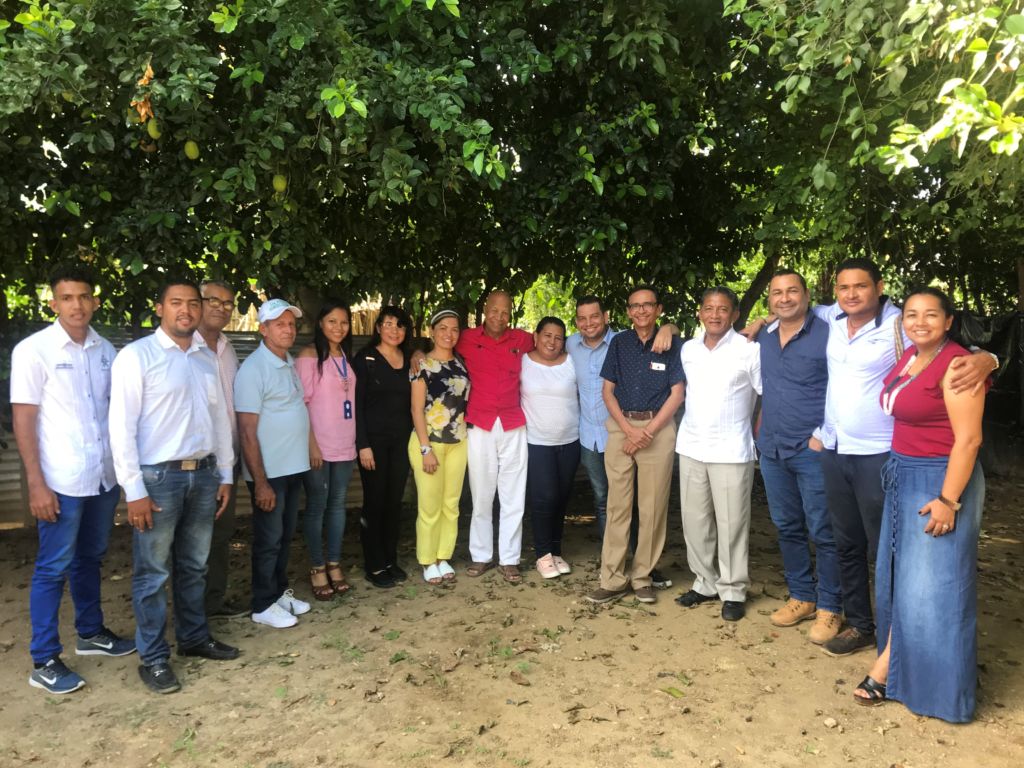
Facilitating Financial Sustainability (FFS) Activity
FFS was a research and testing initiative under the USAID Local Works program. The FFS team conducted an in-depth research to identify the most effective strategies for CSOs and donors to catalyze financially sustainable practices. This research served as the basis for on-the-ground testing to analyze and act on real challenging situations compared to the strategies and factors identified through the research. FFS produced a toolkit for donors and CSOs to use to develop strategies to facilitate improved financial sustainability.
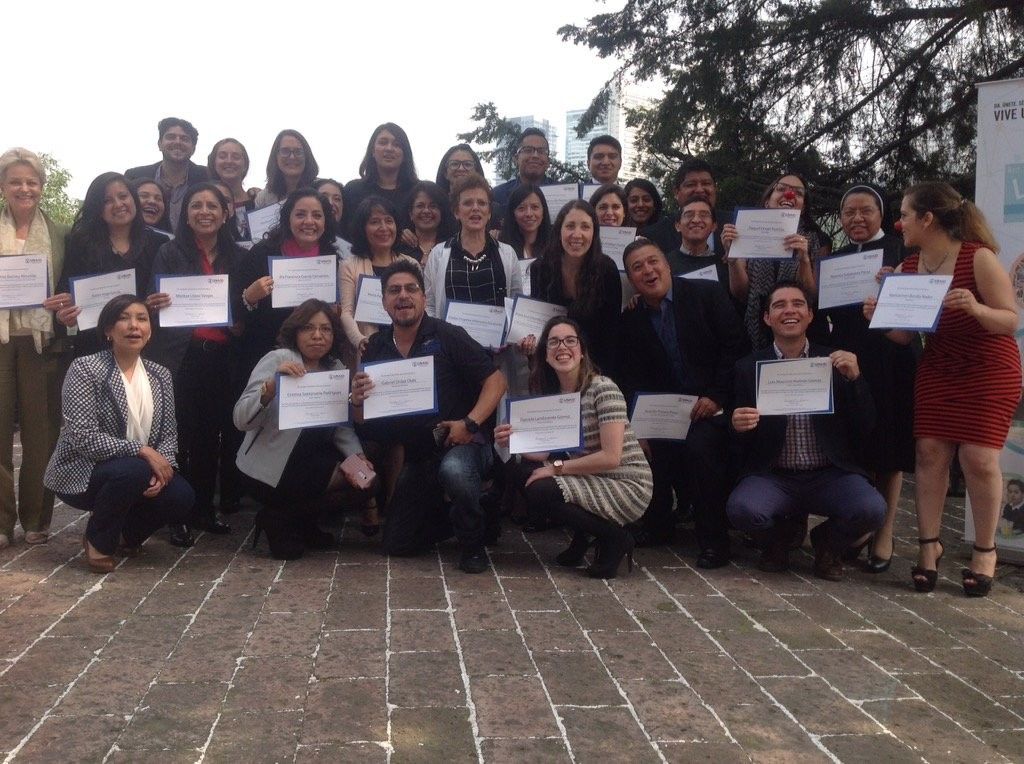
Local Capacity Development Activity (LCDA)
LINC initiated its partnership with national NGO Fondo Unido Mexico (FUM) in 2014 to support efforts to increase the management capacity of the local organizations it partners with throughout Mexico. Our partnership was scaled-up in 2015 with the support of USAID/Mexico, launching LCDA. LCDA was dedicated to strengthening the local capacity of Mexican CSOs to more effectively serve and advocate for their constituents. LCDA addressed systemic constraints to improving local CSO capacity by creating a locally-managed, locally-resourced capacity building program.

CAPx (Capital Impact Exchange) Activity
The USAID-funded CAPx Activity, led by LINC, was designed to advance the knowledge base, generate and analyze evidence, and adaptively inform USAID’s efforts to catalyze private investment for development outcomes. This global activity was a unique opportunity to examine the way USAID promotes capital mobilization, creates incentives for lending and investment, and leverages private sector involvement.
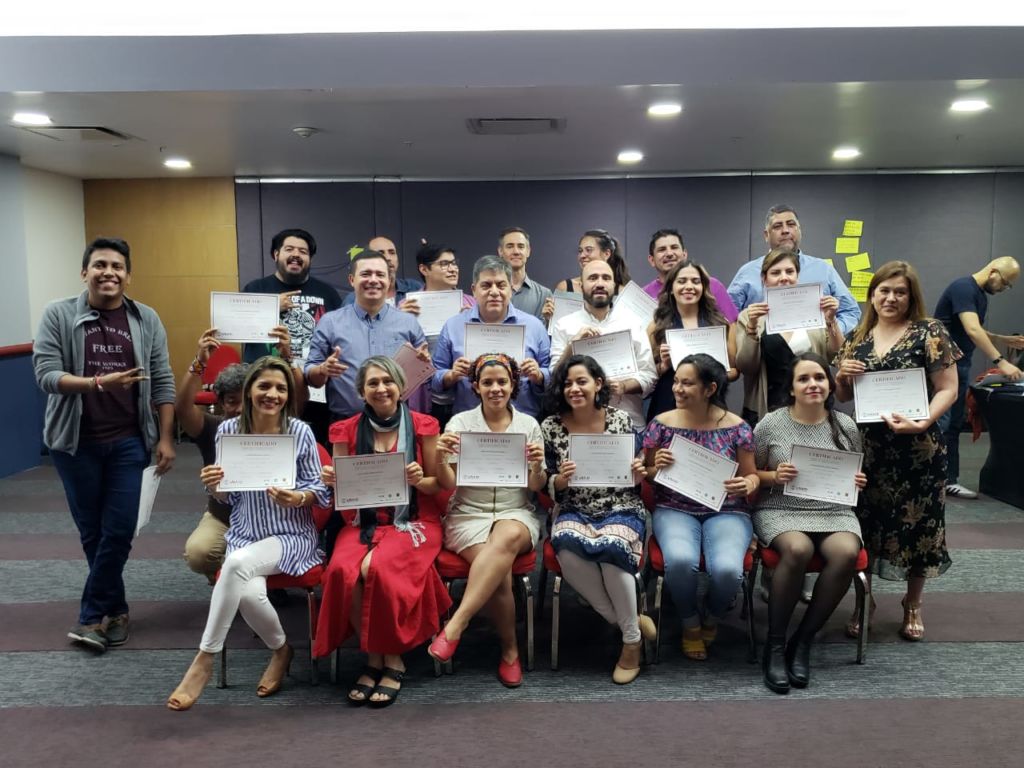
Local Systems Practice (LSP)
Under USAID-funded the LSP, LINC led a consortium of five organizations to directly assist USAID’s missions and local actors with using systems-based approaches to address complex development challenges. These approaches would foster a deeper understanding of the overall system; the local constituents, their priorities and relationships within the system; and how a development activity or intervention changes the system over time.
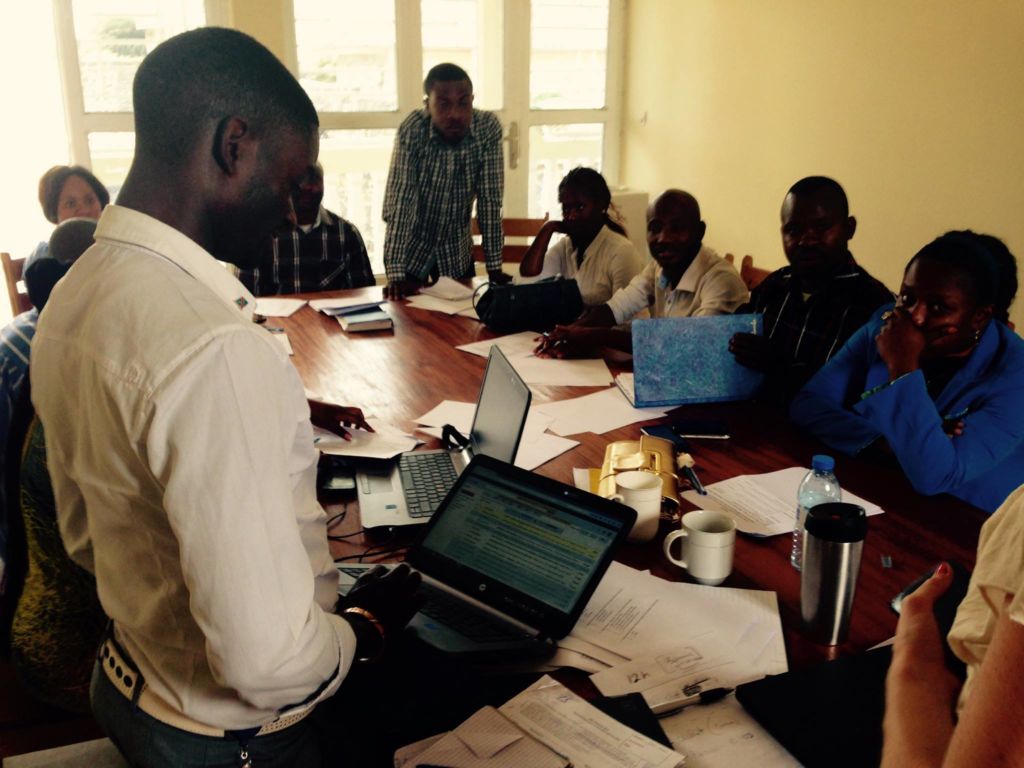
DRC IMAGINE Project
LINC worked with Mercy Corps on the DFID-funded IMAGINE project in Eastern DR Congo, leading a five-year M&E component tracking social capital and accountability for public utility service provision among local actors. LINC’s network analysis methodology helped to facilitate an understanding of networks for collaborating, resolving issues, and influencing decisions related to water and sanitation service provision.
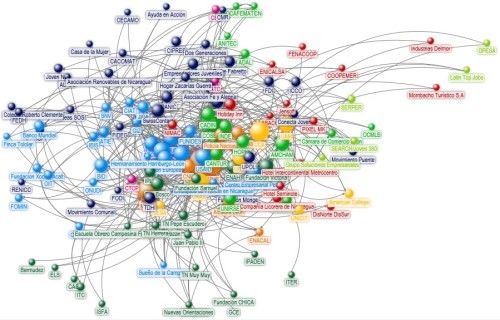
Youth Workforce Development in Nicaragua
In Nicaragua, 65% of the unemployed are under 30. Services provided by training institutions, employment agencies, and other workforce development actors are only weakly aligned with the demands of employers and job-seekers, and there is little apparent collaboration among them. Using its Organizational Network Analysis (ONA) tool, LINC assessed existing relationships and identified opportunities for youth workforce development network strengthening, as part of the USAID-sponsored “Workforce Connections” Community of Practice.
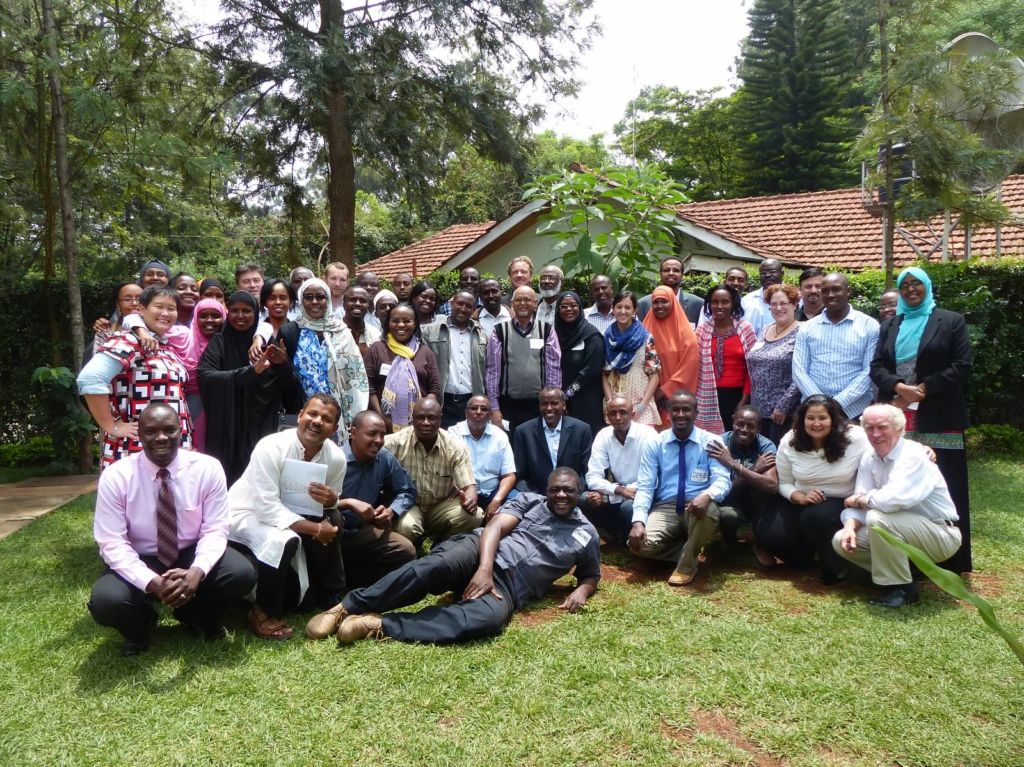
ADESO Organizational Development
LINC was engaged by Adeso (Africa Development Solutions, formerly Horn Relief), a rapidly expanding Africa-based international development and humanitarian NGO. Driven by the goal to sustain and grow this dynamic, mission-driven organization within the current competitive market, LINC assisted Adeso to undertake a comprehensive review of its opportunities and operating environment, and refining its strategy for achieving long-term impact and attracting new and diverse funding sources. Adeso partnered with LINC to support and facilitate an organization-wide process to identify and preserve its core strengths while improving program quality and back-office efficiencies.

